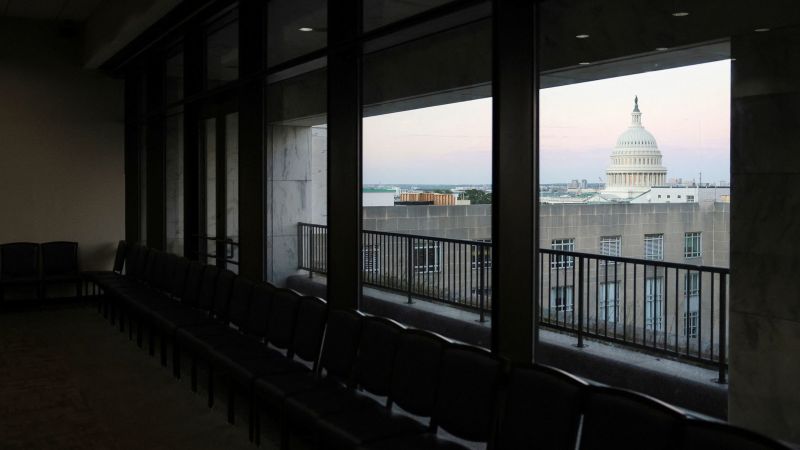President Trump’s National Guard Deployment: A Growing Tension with Democratic Mayors
As the government shutdown continues without a clear resolution, there’s escalating tension between President Donald Trump and Democratic-led cities over his proposed deployment of federalized National Guard troops. This clash highlights a critical intersection of politics, public safety, and municipal governance, as cities prepare to navigate the uncertainty ahead.
Cleveland Mayor Voices Concerns
Cleveland’s Mayor Justin Bibb, recognized as a prominent figure in the Democratic Mayors Association, has taken a stand against Trump’s administration’s actions. In a letter directed to fellow Democratic mayors, Bibb emphasized the importance of solidarity in the face of what he perceives as threats against their cities. His call to action suggests a growing resolve among urban leadership to respond cohesively to federal interventions.
Bibb’s message was clear: he urged his colleagues to “stand up” to Trump’s tactics, framing the situation as a moment for Democratic mayors to showcase their commitment to their local communities. This stance reflects a broader sentiment shared among mayors who prioritize community safety and governance.
A Quote That Resonates
In his letter, Bibb articulated a strong sentiment that has resonated through the ranks of Democratic leadership: “Trump may have declared war on our cities, but we are ready for this fight.” This assertion not only underscores the emotional weight of the message but also serves as a rallying cry for mayors determined to protect their jurisdiction and uphold democratic values.
The Push for Unity
The letter sent by Bibb is more than just a personal defense; it represents an organized effort by mayors from cities with populations of 30,000 and above to present a united front. This strategic communication emphasizes the necessity of collective action in a climate where Trump has expressed intentions to intervene in several urban areas, including Portland and Chicago.
Claiming the National Guard is essential to restore order, Trump has provoked substantial debate regarding the appropriateness and legality of such military involvement in civilian matters. Federal law restricts military engagement in law enforcement, increasing scrutiny on the administration’s decisions.
Politicizing the Military
Bibb didn’t shy away from labeling Trump’s maneuvers as politicization of the military. He accused the president of “abusing the lines of power” and “creating chaos and crises in our cities for his own gain.” These serious allegations point to a fundamental concern: the security and well-being of urban residents.
The tension reveals a chilling narrative where political motivations appear to overshadow the essential role of public safety. With mayors positioned as the frontline defenders of their cities, Bibb reminds his peers that they are not only protecting local integrity but also the pillars of democracy itself.
The Unprecedented Nature of Current Times
Bibb’s closing remarks in his letter encapsulate the unprecedented nature of the challenges mayors currently face. “We are in unprecedented times,” he noted, highlighting that mayors are at the forefront of both city and democracy protection. His use of the word “unprecedented” echoes a sentiment shared by many city leaders grappling with a unique confluence of societal issues.
This moment in American governance may reflect deeper underlying currents of political division, where local governments must navigate federal intentions that often contradict their values and community needs. As tensions rise and the need for cohesive leadership becomes apparent, the role of mayors like Justin Bibb may prove pivotal in shaping the future landscape of urban governance and democratic integrity.



